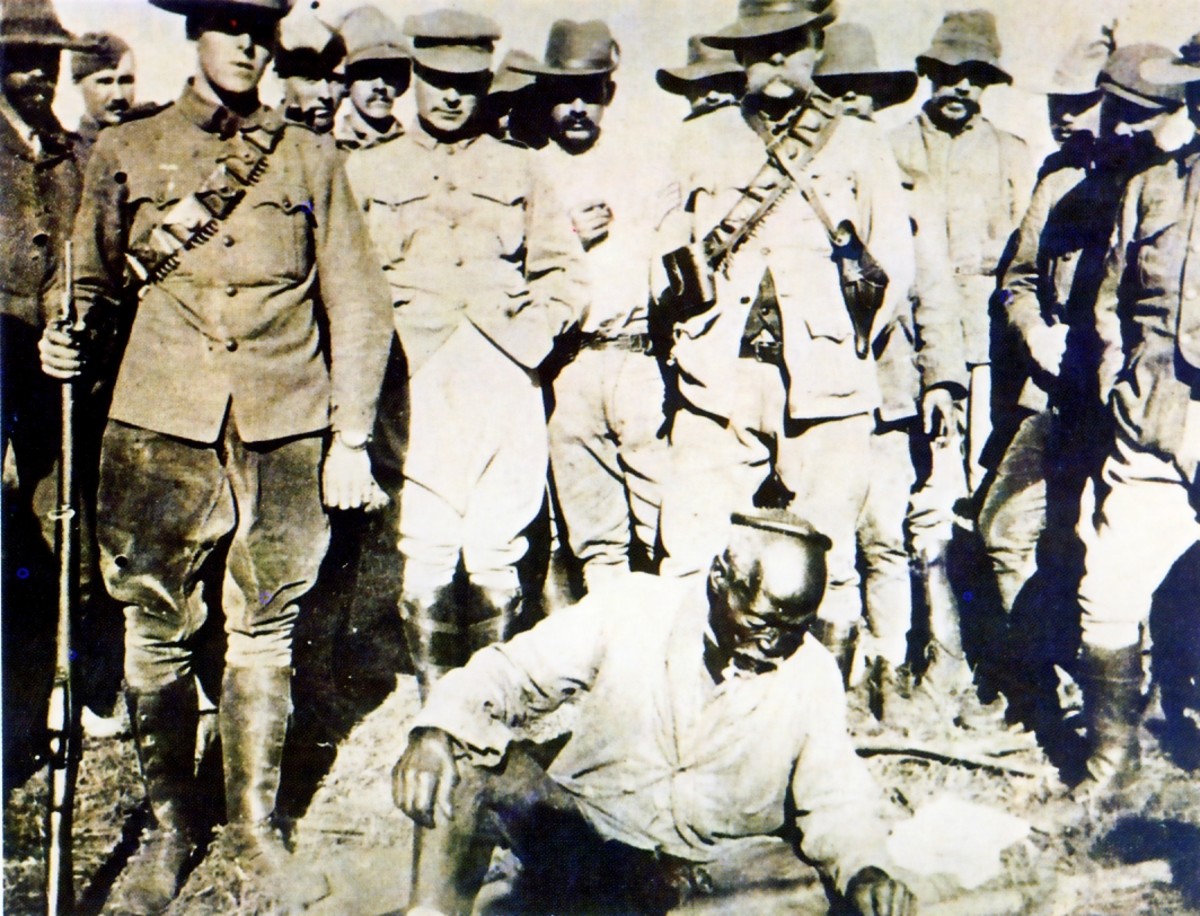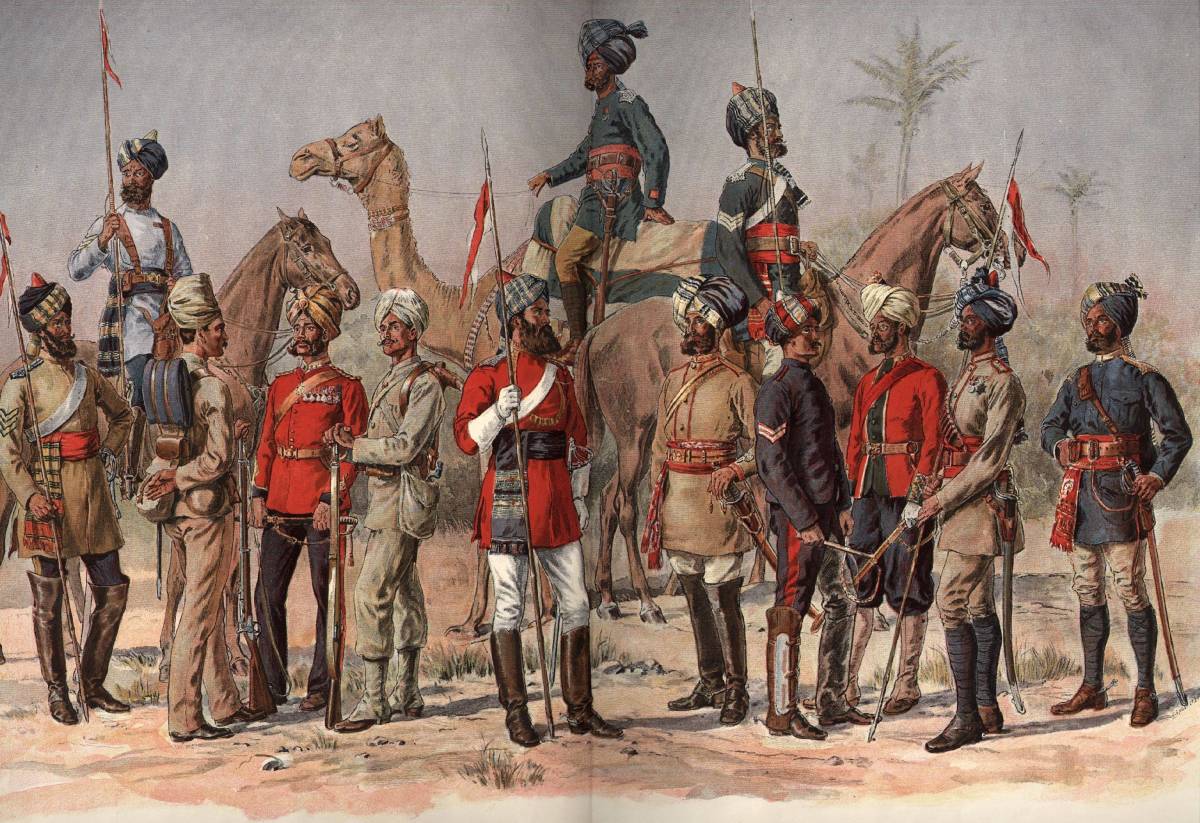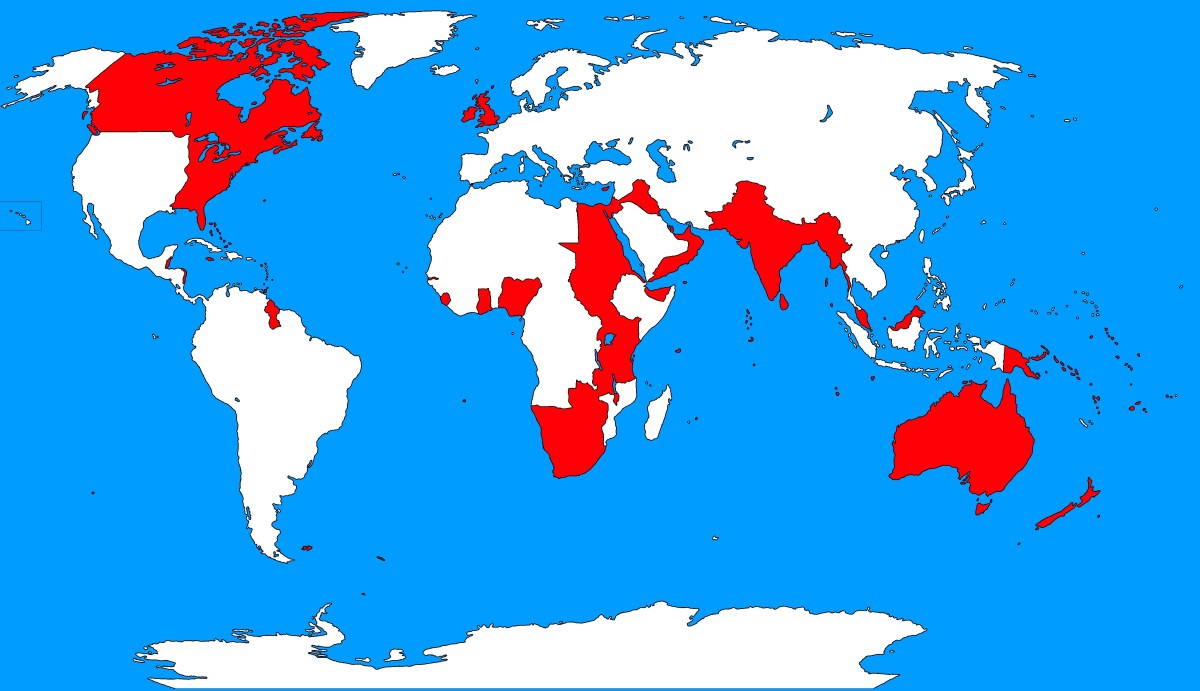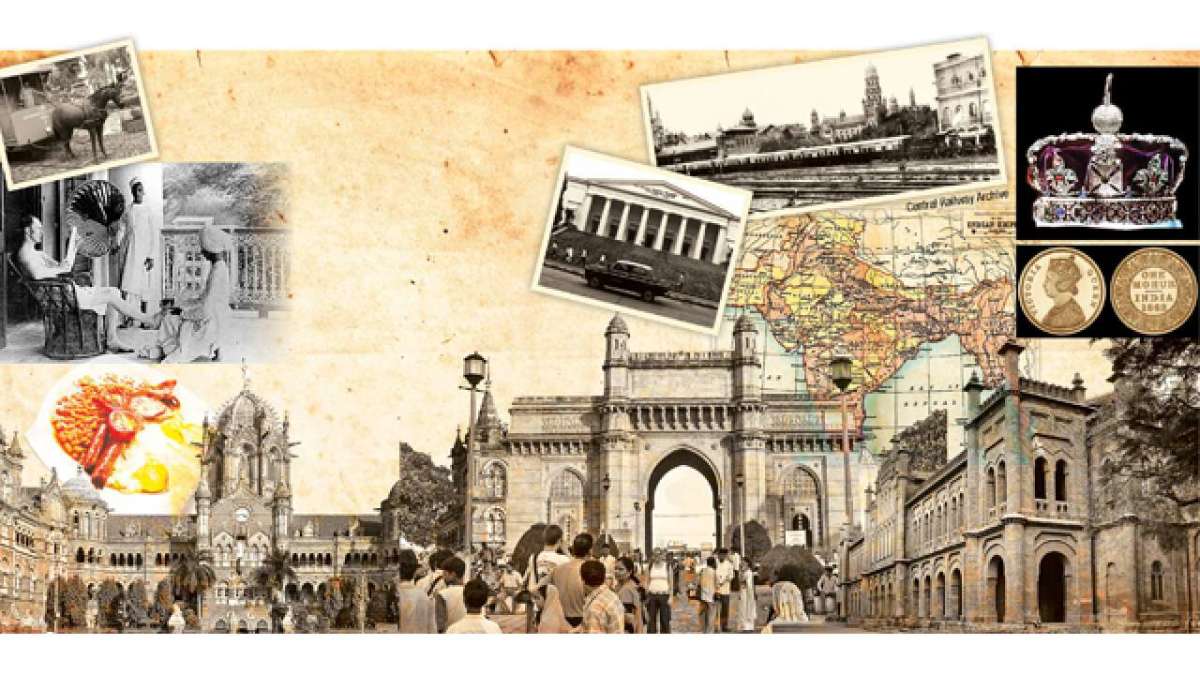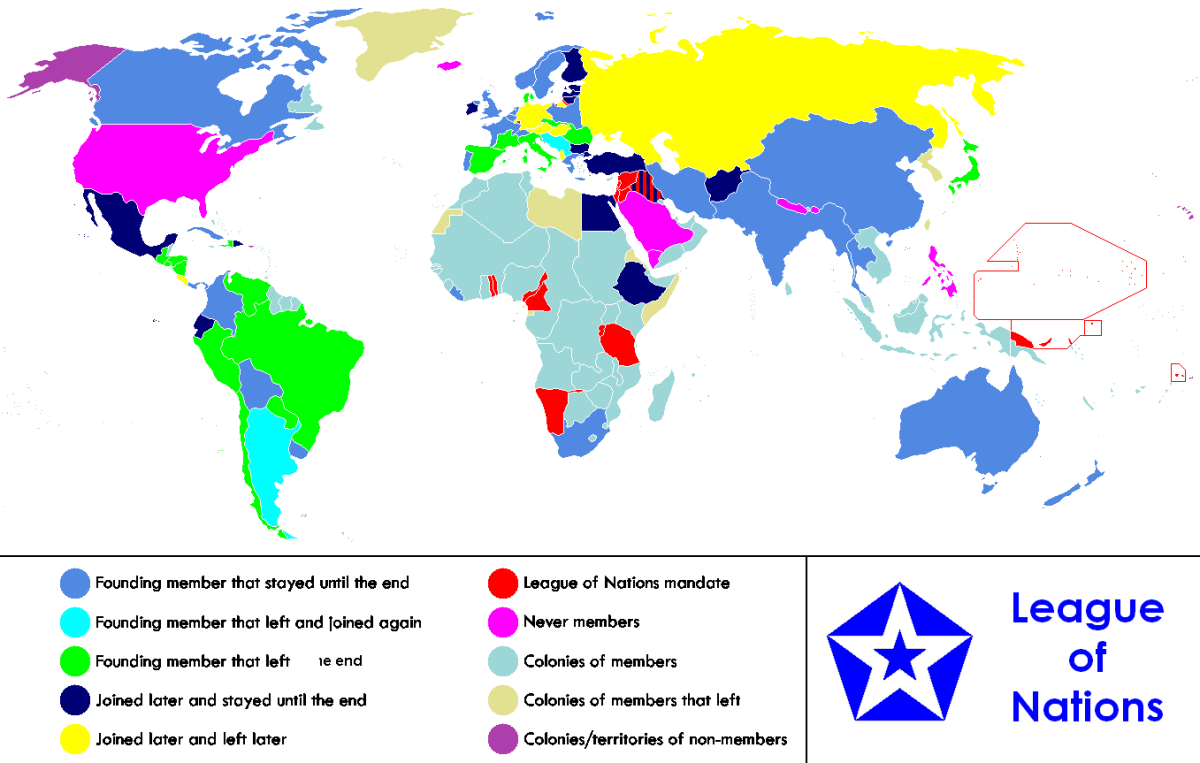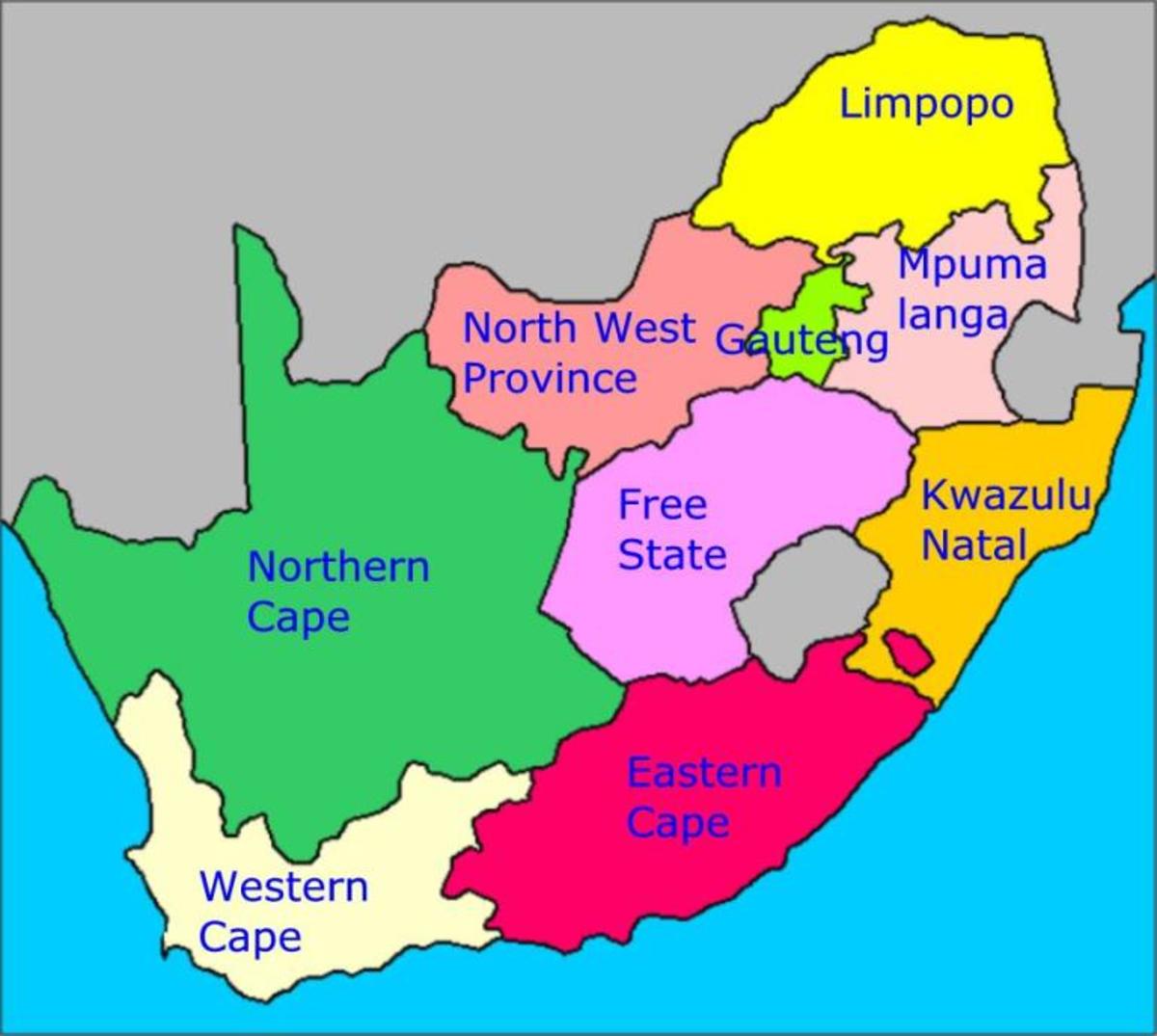Analysis and Summary of The Wretched of the Earth by Frantz Fanon and Colonialism

Frantz Fanon argues national consciousness degenerates in to petty identity politics in newly independent underdeveloped countries when the national middle class, the group of natives educated by the colonial power to staff the colonial economy, seeks its own benefit and fails to generate new resources, plunging the masses into ethnic and religious discord. Fanon says the middle class clamors to fill the privileged posts of the occupying colonial power after independence not to lead the nation into development, but to secure profits and government concessions and be bosses. Fanon says this is detrimental for a young nation because the national bourgeoisie of these newly independent underdeveloped countries cannot be compared to the European bourgeoisie who developed their nations. The national middle class are only intellectuals and small business owners. Fanon argues the national middle class are not industrialists, inventors, engineers, scientist and financiers capable of developing, producing and financing. He says they are totally unfit to man the government because they have no technical skill or investment capital like the bourgeoisie from the mother country. The national middle class want nationalization of the economy not because they despise private enterprise, but because they want to secure the backing of the state for their profits. They support the existing agricultural economy, a remnant of the colonial era, because the landed elite do not care about modernization. They only want cheap labor for their estates. Fanon further states that the national bourgeoisie are simply managers of the former colony. The only industry is tourism for the wealthy European bourgeoisie. Fanon argues that since the national bourgeoisie are unable to make new resources, the competition among the masses for few resources destroys the national consciousness of the nation and degenerates into petty identity politics where race and religion are used as tools of inclusion and exclusion. Fanon condemns the national middle class for fracturing the young nation into identity politics because it has no economic power. They are unable to keep various tribes and peoples in unity. The fight is territorialized with the government backing one ethnicity and pushing someone else out. This causes civil wars and ethnic strife as it is seen in much of Africa and Latin America. Ultimately, the unity of the anti colonial movement degenerates into harmful identity politics between various ethnicities because the national middle class do not generate new resources to sustain the people.
The chief consequence of identity politics Fanon argues is the rift in the nation along ethnic and religious boundaries. Fanon argues that the colonial economy developed certain regions and the people from these areas prospered. The problems of the bourgeoisie not developing new resources are rivalries between those who were successful under the colonial economy and those who weren’t. The people fight amongst themselves over land, jobs, education, environmental resources. They invoke old pre colonial prejudices territorialize them so that some might be excluded out of prosperous region. Meanwhile the disadvantaged group points fingers at the prosperous lot accusing them of past crimes. Fanon blames the national bourgeoisie because they encourage this ethnic rift. Not only do people squabble over ethnic differences they also fight over religious differences. Fanon details followers of Islam and Christianity square off with many people dead and the nation fractured as people struggle to make a living. Fanon details some more consequences of this wretched identity politics; it is the inevitable transformation of the state. The state is transformed with three specific manifestations. The first is the formation of a cult of the personality of the original leader who led them to independence. Fanon says the leader and his ministers are the stern supporters of the bourgeoisie who don’t care about the welfare of the masses and nation building. The leader pacifies the people rehashing the old heroic tales of the fight for independence instead of mobilizing his government and the people to get educated. The second manifestation is the formation of a single party state. Fanon states the single party commands people what to do instead of it being the expression of the people under their control. The third manifestation is the formation of an authoritarian state that uses police force to discipline the people. Since there is ethnic unrest, the state isolates polices the people. This does not solve the differences because the state has effectively isolated itself from the people to the benefit of the national bourgeoisie
The national bourgeoisie and their foreign allies are the only group benefiting from identity politics. They misuse the power of the government to get richer. They invest in foreign countries and not in their own economies because they know they will get nothing out of it. Foreign governments side with the national bourgeoisie to extract concessions and take advantage of cheap labor. The national bourgeoisie allow this because they don’t care about the national welfare. They enjoying in foreign countries in permanent vacations aboard yachts, hotels and clubs. They lavish themselves with various luxuries from Europe and America. The classic examples Fanon furnishes are Latin American countries. Meanwhile the masses languish in poverty. The masses struggle for resources that were made available under the old colonial economy. The masses are victims of identity politics because they can only point their fingers to their neighbor. If they point against the government, they are either deceived by the long speech of the leader or shot at by the army. Fanon argues to avoid this kind of stagnation and corruption in underdeveloped countries, there has to be a Leninist style proletarian revolution. This revolution will firstly kick out the bourgeoisie. It will secondly educate the people politically in cooperatives so that they can be informed in how to govern themselves. The revolutionaries will thirdly bring up regions that are under represented by decentralizing the party and educating the people not in the under developed regions. The revolutionaries will finally invest in to the economy and develop the industries so that progress can be made.
Fanon’s diagnosis of the national middle class and their follies is absolutely correct. His analysis of the cause of ethnic riots and religious wars are also correct. The people in underdeveloped countries fight over resources to survive. From the most basic resources such as drinking water to plush jobs in the civil service sector, people fight to survive. The masses of Latin America, Central America and Africa undergo this kind depravation due to the ignorance and foolishness of the national middles class. Fanon’s goal educating the masses is noteworthy and needed. The masses should have a say in their government. However his method of using a Leninist style revolutionary committee should be done with great caution as there is every chance that it might become the Stalinist style dictatorship. While Fanon’s analysis of the uselessness of the national bourgeois and the justification he provides are true and necessary, an ideological route is not necessarily wise. The policy of the government should include all the goals which Fanon said, but it should involve realpolitik fulfilling the needs of the people. The economical needs of the country ought to be addressed in a democratic fashion allowing government ownership on sectors where it will be most profitable to the masses and allowing private enterprise where it can be of the best assistance. Therefore, by allowing a blend of capitalism and socialism a nation can progress by addressing it needs, which a single ideology might not be capable of addressing.
Book Analysis Source
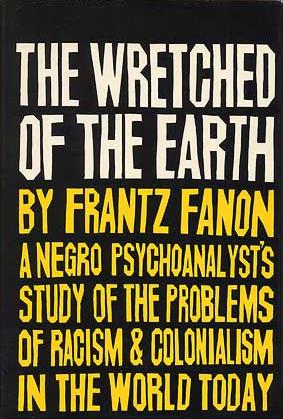
Related Readings
- Comparison of Communism and Fascism in Europe
Communism and Fascism are on the opposite ends of the ideological spectrum. The first difference is Fascism espouses a moral philosophy of self sacrifice for the state. Meanwhile Communism advocates a materialist perspective - The Russian Revolution Symbolism
The book Animal Farm by George Orwell brings the serious tone of the Russian Revolution and WWII into a humorous book about farm animals. Find the symbolisms and the keys to understanding the historical events. - Analysis on John Stuart Mills on Socialism
Born in London in 1806, son of James Mill, philosopher, economist and senior official in the East India Company. Mill gave a vivid and moving account of his life - The Anguish of The Communist Ideal in Russia
The ideal of communism was very attractive to many revolutionaries in the twentieth century, who were seeking to overthrow the old and repressive monarchies.



